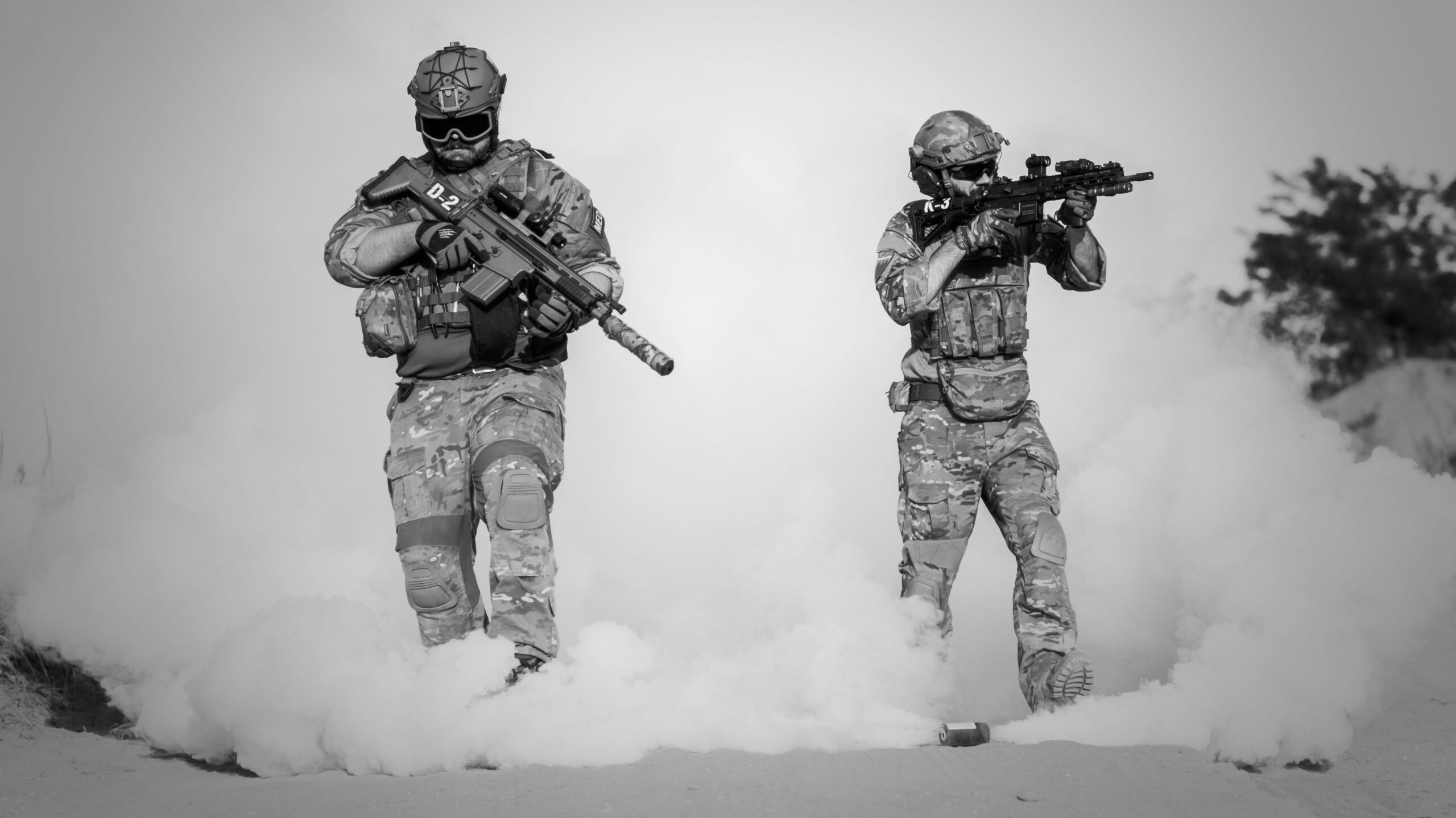The decision to declare war is a complex and multifaceted process that involves various actors and institutions within a country. In most countries, the power to declare war is vested in the hands of the government or the head of state, depending on the country’s political system and constitution. Here is an overview of how war declaration works in general, taking into account different countries’ practices and historical perspectives.

- Head of State/Government: In many countries, the power to declare war rests with the head of state or government, such as the president, monarch, or prime minister. This individual is often responsible for making the final decision on whether to declare war, taking into consideration factors such as national security, diplomatic relations, and domestic and international political considerations. The head of state or government may consult with advisors, intelligence agencies, and other government officials to gather information and insights before making a decision on war declaration.
- Legislature/Parliament: In some countries, the power to declare war is vested in the legislature or parliament, which represents the voice of the people. In these cases, a formal declaration of war may require approval or authorization by the legislative body. This may involve debates, discussions, and votes on the issue, and the decision to declare war may be subject to checks and balances to prevent abuse of power. The legislature may also play a role in overseeing and monitoring the conduct of the war once it has been declared.
- Constitutional Requirements: In certain countries, the power to declare war may be subject to specific constitutional requirements. For example, in the United States, the Constitution grants the power to declare war to the Congress, and the President is considered the commander-in-chief of the armed forces. This means that the President may initiate military action, but the Congress must formally declare war. However, in practice, the U.S. has engaged in military actions without a formal declaration of war, citing other legal justifications, such as the Authorization for Use of Military Force (AUMF) passed by Congress.
- International Law and Treaties: International law, including the United Nations Charter, also plays a role in the declaration of war. According to the UN Charter, the use of force is generally prohibited, except in cases of self-defense or when authorized by the UN Security Council. This means that a country seeking to declare war must comply with international legal norms and may require authorization from the UN Security Council, depending on the circumstances. Treaties, such as mutual defense pacts or alliances, may also impose obligations or limitations on a country’s ability to declare war, and may require consultation or approval from other member countries.
- Public Opinion and Democratic Processes: Public opinion and democratic processes can also influence the decision to declare war. In democratic countries, leaders may consider the views of the public, as expressed through public opinion polls, protests, or other forms of civic engagement. The decision to declare war may also be influenced by political considerations, such as upcoming elections or pressure from interest groups or political parties. In some cases, leaders may seek approval from the public or the legislature through democratic processes to legitimize the decision to declare war.
- Military Advice and Planning: Military advice and planning also play a role in the decision to declare war. Military leaders may provide recommendations to the head of state or government on the feasibility and potential consequences of military action, based on their expertise and assessment of the situation. Military considerations, such as the readiness of the armed forces, the capabilities of the enemy, and the expected outcomes of the war, may shape the decision-making process.
- Historical and Cultural Factors: Historical and cultural factors can also influence the decision to declare war. Past experiences, such as previous wars or conflicts, may shape a country’s attitudes towards war and influence its leaders’ decision-making process.
Who declares war?